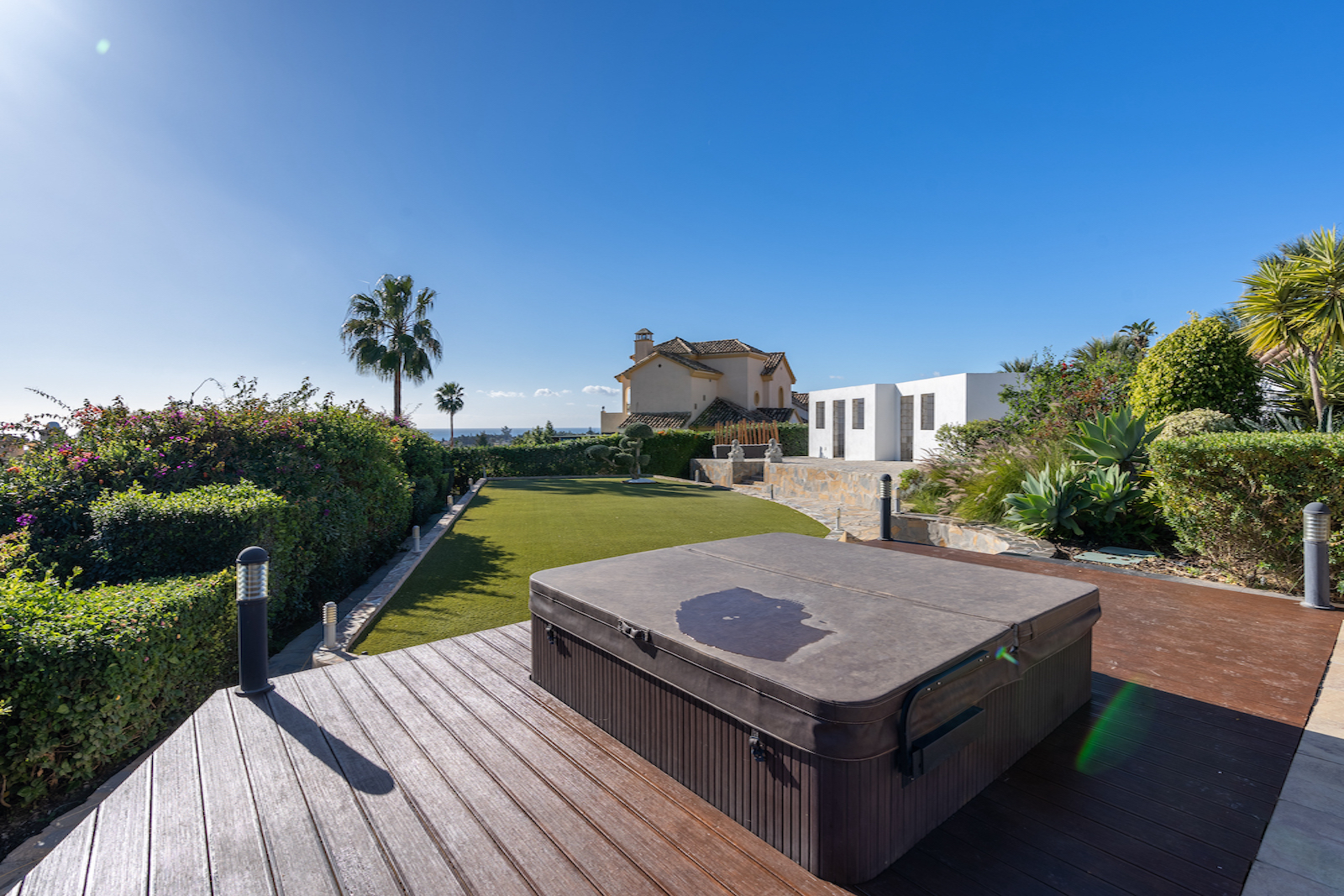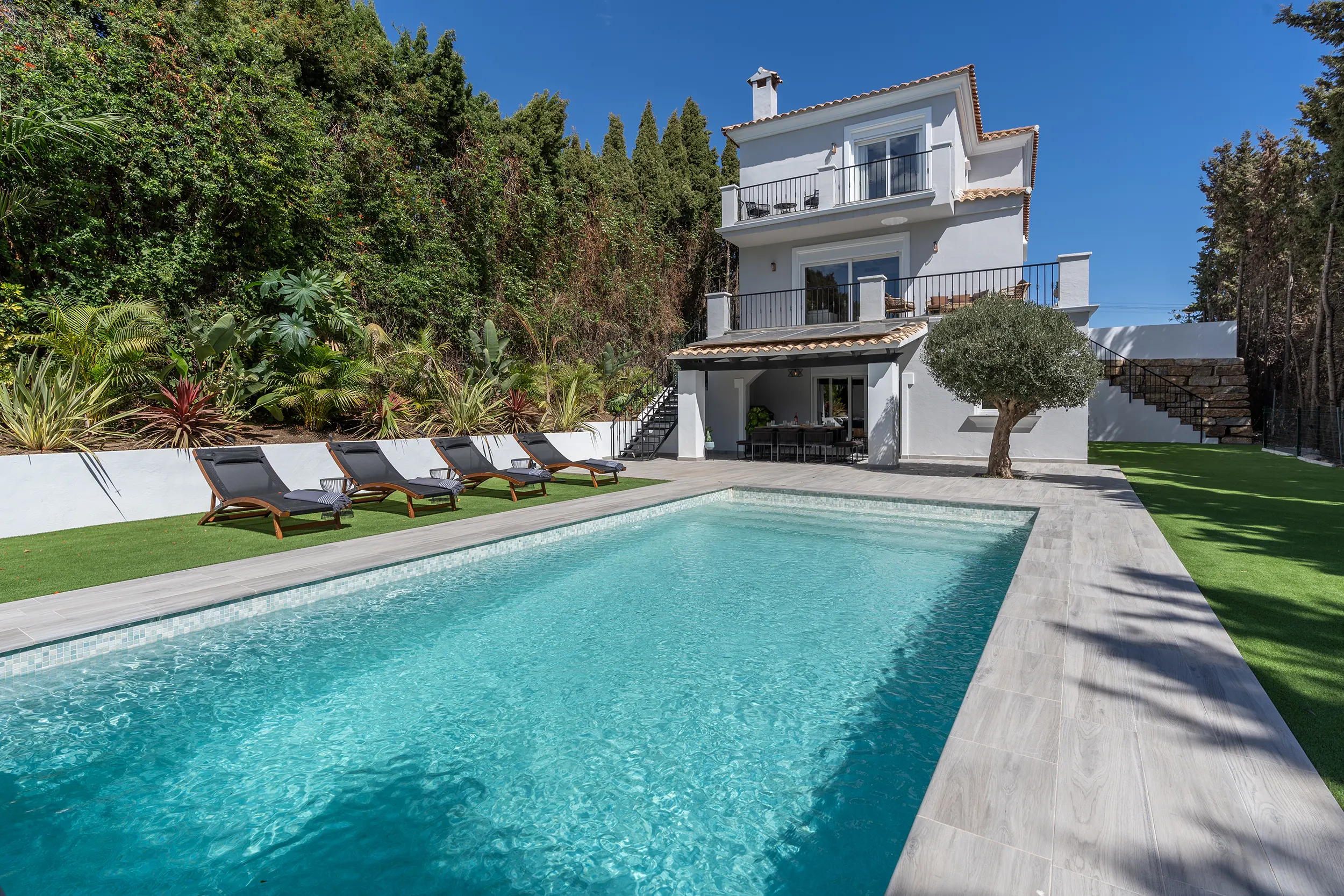by Kosta Kasa
Share
by Kosta Kasa
Share
How to list your property: a guide to the selling process.
Do you want to list your property on the Costa del Sol? Here is our step by step guide on the listing and selling process.
1. Calculate your Taxes and Gains
Once you decide you’re ready to begin the selling process you will need to start thinking about setting an asking price for your property. It’s crucial as a seller to be properly informed about what your net profit will be once you have deducted taxes and expenses on the property to avoid any disappointment later on. You can get an estimate of the properties value by a reliable real estate agency; this helps you know the amount that is a reasonable asking price based on the property type, condition, location and so forth. Your agent will also be able to give you a cost breakdown including commissions, taxes and what you would walk away with once the deal is done. This will also help you further down the line when it comes to accepting offers, as you will be able to establish a bottom-line price.
2. Find a reliable real estate agent
A highly recommended step to selling your property is to find a reliable and trusted real estate agent to market and guide you throughout the selling process. You don’t need a real estate agent, however it is always advised in order to get maximum exposure for your property and have a helping hand along the way. This is the best way to list your property.
Alegra Estates is a family run business who has been operating on the Coast since 2006, helping people buy and sell properties successfully. We pride ourselves on our professionalism and reliability for always providing excellent service to all of our clients. As we have been operating along the Coast for an extended period of time, we have a large client base and use the latest software to list and market your property. We are also partners with Bovingdons Real Estate located in Beaconsfield, who have their own client base of high-end buyers who are on the lookout for opportunities to buy holiday homes in the sun.
We can offer:
- In house professional photos of your property free of charge if you list your property with us.
- Listing your property on our website, social media & marketing system that reaches thousands of agencies and buyers.
- Regular communication and updates.
- Advertising your property in our office window display.
- An official contract between ourselves and the seller with all the Terms & Conditions to be reviewed by both parties.
- Possibility to negotiate commission charge.
- Possible inclusion in our partner Bovingdons’ social media and newsletters.
When listing a property your real estate agent will need you to provide the following documentation to be able to list your property:
- Title deed or other proof of ownership (deed of purchase, inheritance, etc.)
- Identity document (passport and TIE or DNI)
- Certificate of tax residence (if applicable)
- Nota Simple (extract from the Property Register)
- First Occupancy Licence or Certificate of Habitability
- Most recent Local Council Rates (IBI) receipt
- Community of property owners certificate
- Certificate of outstanding debt issued by the bank (if there is a mortgage on the property)
- Most recent utilities bill.
3. Accepting an offer and the reservation process
Once your real estate agent receives an offer on your property, this will be advised to you either verbally or in writing. If you decide to go ahead with the offer, your agent will communicate this to the buyer and proceed accordingly, however if you aren’t happy with the offer, you can also put in a counter offer and begin negotiating with the potential buyer until both parties reach an agreement.
If you accept an offer on your property, your lawyers will touch base with the clients lawyers to begin the process of due diligence – this is the process of the purchasers’ lawyers checking all the properties paperwork to ensure everything is in order. They will also draw up a reservation contract with your agreed conditions and a copy will be sent to you for approval. The reservation is usually between 5K-10K and the contract states that if the buyers then decide to back out of the purchase once the contract is signed and the reservation is paid, the money is non-refundable to the buyer.
4. Private Purchase contract
Once the lawyers have completed their due diligence on the property and confirmed everything is in order, they will then communicate this to both the seller and buyer. The lawyers then begin writing up the Private purchase contract, which is a private agreement between the seller and the buyer in which the seller agrees to sell the property and the buyer agrees to buy the property at the price agreed and under mutually agreed terms.
This contract will contain all the relevant details such as a description of the property, purchase price, the payment structure, and the completion date.
The seller then has to put 10% of the selling price down (minus the amount they paid for the reservation of the property).
5. Signing the Deed of Sale
The selling process comes to an end when the public deed of sale is signed by the purchaser and the seller. Once signed, the seller grants the purchaser the title deed of ownership and the purchaser hands over the rest of the agreed price. The deed of sale is signed before a notary. Notaries are public officials and consequently, they are independent. They publicly attest that the parties have agreed to the transaction and that they have done so in keeping with the law. Prior to the signing, the notary requests up-to-date registry information about the property to verify that there are no last-minute encumbrances or foreclosure entries. Immediately after the deed is signed, they send an electronic copy of the title deed to the Property Register, so that the Register has a record of the new owners.
Throughout the signing process at the notary’s office, our clients are always accompanied by their lawyer, who oversees the documentation, checks that everything is in order and acts as an interpreter. If there are any professional or personal reasons that prevent the clients from going to the notary’s office on the indicated date, their lawyer will attend on their behalf to sign the deed. In this case, the clients would need to provide their lawyer with a power of attorney beforehand.
The power of attorney can be signed before a notary in Spain, which is the simplest and most economical option at any Spanish Embassy or Consulate abroad; or before a notary in the client’s country of residence, in which case the document will need to be translated into Spanish and legalised with the Hague Convention apostille. As mentioned previously, powers of attorney include general authorisations that enable many other procedures to be carried out on the client’s behalf, apart from being present before the notary.
At the signing, the sellers will hand over the keys to the property and they will be given the remainder of the selling price, which is generally paid by cheque. Once the cheque has been paid into the bank, the seller will have access to those funds in approximately 2-3 working days.
Get in touch with the Alegra team and let’s list your property!
STAY IN THE LOOP



